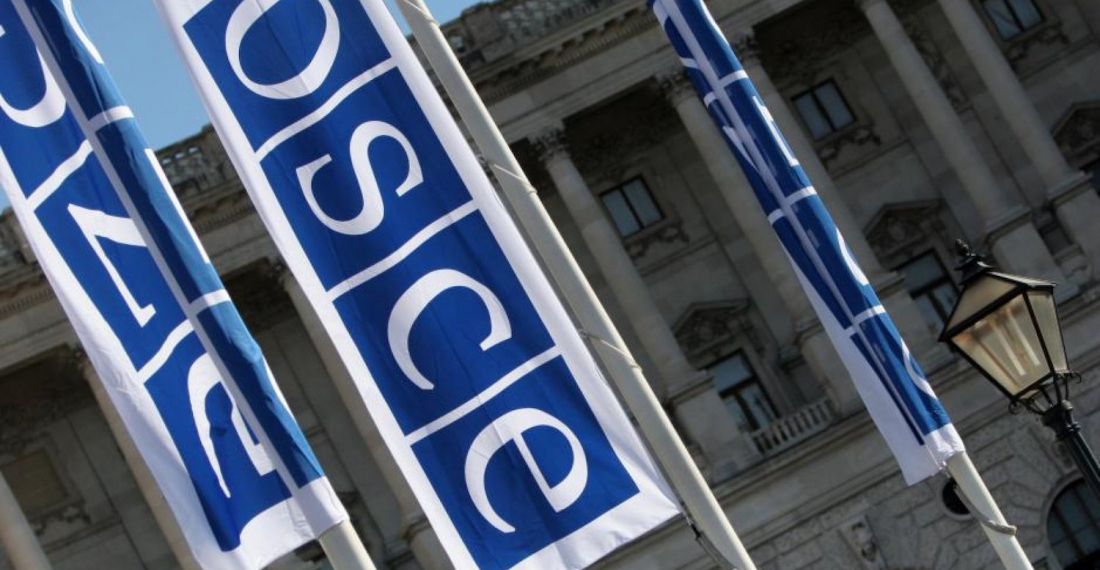The Azerbaijani foreign ministry has lambasted a decision of the Organisation for Security and Co-operation in Europe (OSCE) to send a "needs assessment mission" to Armenia.
A toughly worded statement posted on the website of the Azerbaijani foreign ministry states that "the sending of an "OSCE needs assessment mission" by the Secretariat of the Organization for Security and Cooperation in Europe (OSCE) to Armenia, it should be noted that the issue of sending such a mission was never discussed by any collective decision-making body of the OSCE, and as a result, no decision has been taken on this matter. Thus, any group called an "OSCE needs-assessment Mission to Armenia" does not have an OSCE mandate, cannot be associated with the OSCE in any way, and none of its outcomes or reports can be accepted as an OSCE document."
The statement added that "this unilateral initiative by Armenia is nothing but a private visit by a group of several participating states, and any outcome of such a visit will be assessed accordingly."
The Azerbaijani MFA said that "this step raises serious questions given that during the past 30 years the efforts to stop the military aggression against Azerbaijan and eliminate its severe consequences, and even efforts on the OSCE missions not related to the former Armenia-Azerbaijan conflict, were always prevented by the OSCE, with reference to the principle of consensus."
"The fact is that within the framework of the OSCE based on consensus it took years to agree upon the two OSCE missions to then-occupied territories of Azerbaijan in 2005 and 2010 respectively due to the openly unconstructive position by Armenia. Taking into account the countless illegal activities in the occupied territories of Azerbaijan, including the facts of illegal settlements in these territories, Azerbaijan's appeal to send another such mission was not addressed before 2020, again due to Armenia's opposition."
"Such an ill-advised unilateral action by the OSCE Chairmanship and Secretariat goes contrary to the basic principles of any responsible and credible mediation and confidence-building, which require, inter alia, the consent of the parties, the impartiality of mediators and compliance with obligations of States under international law."



